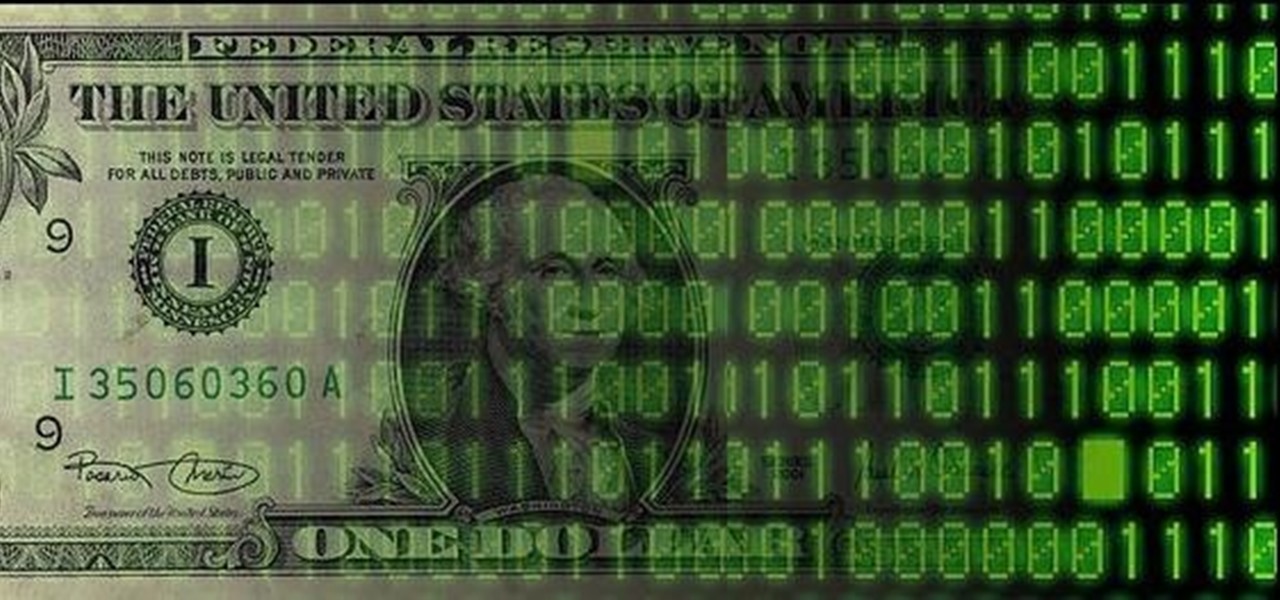– Dror Futter, Partner, Rimon, P.C.
Although the U.S. Securities and Exchange Commission (SEC) has been studying blockchain and cryptocurrencies since 2013, until its recent pronouncement, the SEC had been silent with respect with respect to its regulatory authority with respect to Initial Coin Offerings. An Initial Coin Offering (“ICO”) is a company’s release of its own cryptocurrency in exchange for tokens of a pre-existing cryptocurrency (e.g., bitcoins and in rare instances, a fiat currency – currency backed by the issuing government such as Dollars or Euro). The ICO issuing company effectively ‘sells’ a pre-defined number of coins or crypto-tokens to purchasers.
The surge in ICO’s has been so dramatic, that in 2017 ICO’s surpassed venture capital as the primary source for funding blockchain ventures and recent news reports suggest that funds raised through an ICO were “crowding out” venture investors. Most ICO’s in the United States have been conducted without registration under U.S. securities laws. Typically, the issuer simply provides potential investors with a “White Paper” outlining how they intend to use the money raised by the ICO. To put it charitably, the quality and detail of these White Papers varies widely.
The similarity between the term “Initial Coin Offering” and “Initial Public Offering” or IPO is more than coincidental and these similarities have now prompted the SEC to issue its first pronouncements on the subject of ICO regulation under the securities laws and on July 25, 2017, the SEC did just that and issued the following three documents:
• An SEC Report of Investigation;
• A Press Release about the report; and
• Guidance to Purchasers of Digital Tokens
The issue the SEC has been grappling with is the application of the definition of a “security” to the tokens being issued in an ICO. In a 1946 Supreme Court case Securities and Exchange Commission v. Howey Co., the U.S. Supreme Court identified four criteria (which have evolved a bit since that decision) that need to be present for an investment contract, within the meaning of the Securities Act of 1933 and the Securities Exchange Act of 1934, to be a security. They are: (1) the investment of money or other consideration, (2) In a common enterprise (although there is a split over how “commonality” should defined), (3) where investors expect a profit, and (4) any returns to the investors are derived solely from efforts of the promoters (issuers) or other third parties. The Court noted that the facts and circumstances of each case will determine whether an instrument is a security, even if it does not technically fall within the narrow criteria of their specific decision.
In short, the SEC press release stated:
• Tokens offered and sold by “The DAO” (the case that had been investigated) were securities, subject to the federal securities laws;
• Issuers of blockchain technology-based securities must register offers and sales unless a valid exemption applies;
• Those participating in unregistered offerings may be liable for securities law violations; and
• Securities exchanges enabling trading in these securities must register unless an exemption applies.
The SEC’s documents are silent on so-called “utility tokens” or “service tokens” – tokens that allow the purchaser to obtain a service (e.g., data storage; online games) and it is likely we will hear more from the SEC in future, since their press release contained a clear warning the securities laws and regulations apply to ICO’s. Although not all tokens sold in an ICO will automatically be considered a security, there remains significant uncertainty and most knowledgeable attorneys in this arena have already been advising their clients to avail themselves of the exemptions to the registration requirements (e.g., Reg D, Reg A+ or Crowdfunding under the JOBS Act).
This is an extremely complex and challenging (and evolving) area of the law and regulation and you can read the entire Client Alert: Casting Light Over Recent Events Concerning the SEC’s views on ICOs, Cryptocurrencies, Tokens, Securities and their Legal Repercussions. Of course, if you want to know even more or need guidance, you should contact Dror Futter directly and you can always contact me, Joe Rosenbaum, or any of the attorneys at Rimon Law with whom you regularly work.


